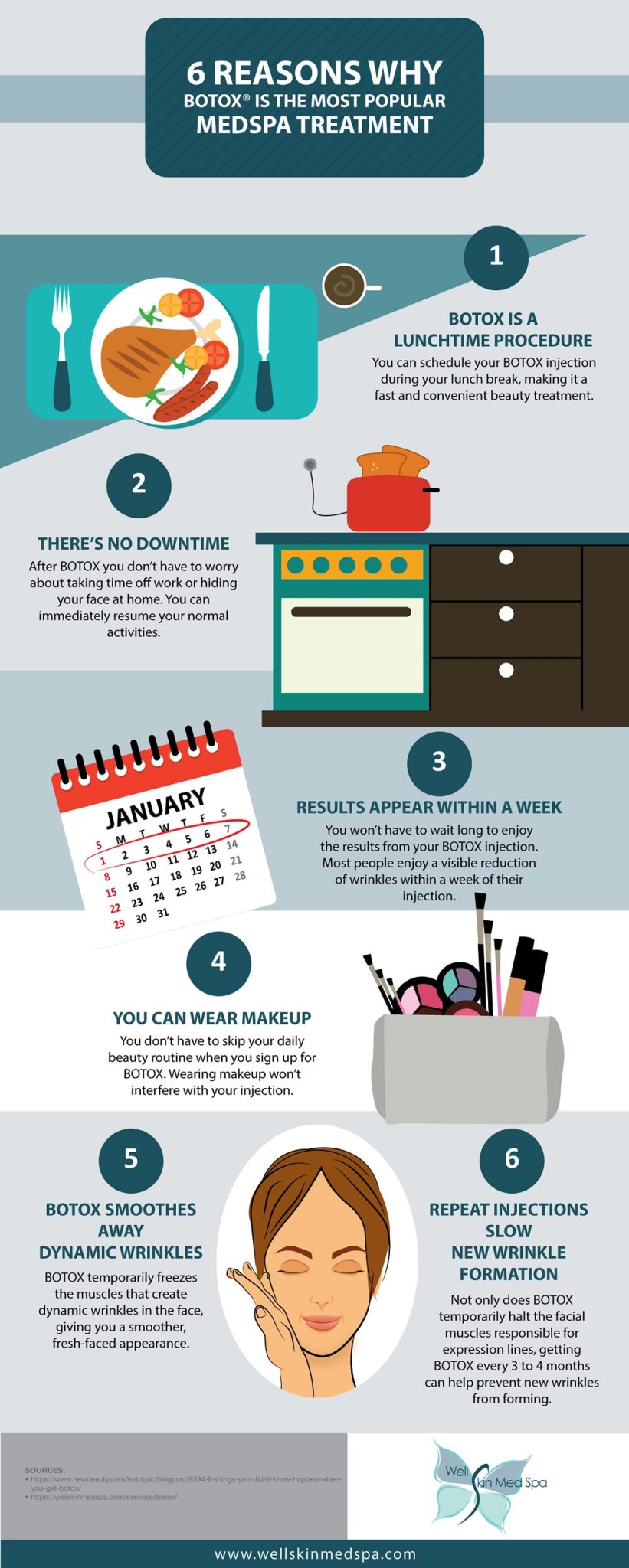Thinking Twice On SMILE Surgical Treatment? Delve Into Vital Factors To Consider And Insights To Aid You Make An Educated Choice About Your Aesthetic Future
Thinking Twice On SMILE Surgical Treatment? Delve Into Vital Factors To Consider And Insights To Aid You Make An Educated Choice About Your Aesthetic Future
Blog Article
Staff Writer-Craven Cooley
If you're contemplating SMILE eye surgery, ponder this: are you prepared to accept potential aesthetic liberty, or does the idea of any dangers make you think twice? Your choice will certainly rest on a mindful balance of considering the advantages versus the uncertainties. It's crucial to delve much deeper right into the nuances of SMILE surgical treatment to make an informed selection that lines up with your visual goals.
Comprehending SMILE Eye Surgical Procedure
When considering SMILE Eye Surgical treatment, it's important to comprehend the treatment and its benefits. SMILE, which represents Little Incision Lenticule Removal, is a minimally invasive laser eye surgery that fixes typical vision issues like myopia (nearsightedness).
Throughout the treatment, your eye doctor will make use of a femtosecond laser to develop a small laceration in your cornea. Through this laceration, a tiny disc of tissue called a lenticule is removed, reshaping the cornea and remedying your vision.
One of the vital advantages of SMILE Eye Surgical treatment is its fast recuperation time. Lots of clients experience improved vision within a day or two after the treatment, with minimal pain.
Additionally, SMILE is known for its high success rate in providing long-lasting vision correction. Unlike LASIK, SMILE does not need the development of a flap in the cornea, lowering the threat of problems and permitting a much more stable corneal structure post-surgery.
Comprehending the procedure and its advantages is crucial when taking into consideration SMILE Eye Surgery for vision modification.
Advantages and disadvantages of SMILE
Taking Into Consideration SMILE Eye Surgical treatment for vision modification features numerous advantages and prospective disadvantages.
Among the main pros of SMILE is its minimally intrusive nature, as it entails a tiny laceration and commonly causes fast recuperation times. cataract surgery post op is also recognized for triggering very little pain and dry eye symptoms post-surgery compared to other vision improvement techniques. Additionally, SMILE has been revealed to offer superb visual results, with numerous people achieving 20/20 vision or much better.
On https://customeyelasiksurgery84951.liberty-blog.com/29352995/often-asked-questions-after-surgical-treatment-standards-for-post-lasik-eye-treatment , a possible con of SMILE is that it might not appropriate for individuals with severe refractive mistakes, as the treatment range is somewhat restricted contrasted to LASIK. Another consideration is that the knowing curve for specialists executing SMILE can impact the availability of experienced suppliers in particular locations.
It's important to weigh these advantages and disadvantages carefully when choosing if SMILE is the best choice for your vision adjustment demands.
Figuring Out Qualification for SMILE
To identify if you're qualified for SMILE eye surgery, your optometrist will certainly conduct a complete assessment of your eye health and wellness and vision requirements. During latest on cataract surgery , aspects such as the stability of your vision prescription, the density of your cornea, and the total health and wellness of your eyes will be evaluated.
Typically, prospects for SMILE are over 22 years old, have a secure vision prescription for at least a year, and have healthy and balanced corneas without conditions like keratoconus.
Your ophthalmologist will certainly additionally consider your overall eye wellness, any kind of existing eye problems, and your way of life needs to identify if SMILE is the appropriate option for you. It's vital to interact any type of certain visual requirements or concerns you might have during this assessment to make sure that the therapy aligns with your expectations.
If you aren't qualified for SMILE, your optometrist might suggest different vision improvement alternatives that much better match your private demands and eye health condition.
cataract surgery at 65 , choosing whether SMILE eye surgical treatment is right for you requires cautious factor to consider of your private eye wellness and aesthetic requirements. Talk to your ophthalmologist to identify your qualification for the treatment and weigh the potential benefits and drawbacks. Bear in mind to communicate any type of problems or questions you may have throughout the evaluation procedure to make an informed choice about your vision adjustment choices.
